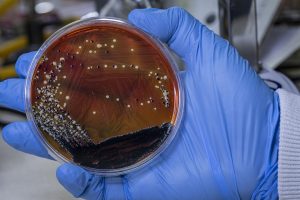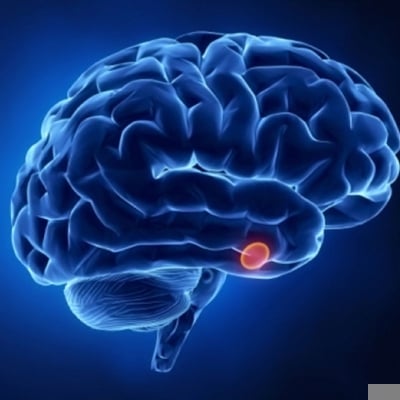The endocrine system consists of a group of glands and organs that regulate and control many body functions by producing and secreting hormones. Hormones are chemical substances that affect the activity of other parts of the body and act essentially like messengers to coordinate activities throughout the body.
The endocrine glands release their hormones directly into the bloodstream, and some also release hormones or other substances into ducts.
The endocrine system includes major glands such as the hypothalamus in the brain, the pituitary gland, the thyroid gland, the parathyroid glands adjacent to the thyroid, and the islet cells of the pancreas.
The hypothalamus plays a key role in regulating the pituitary gland by secreting various hormones, while the pituitary gland is sometimes called the master gland because it secretes hormones that control the functions of most other endocrine glands, making it a central point in maintaining hormonal balance in the body.
The pancreas is both an endocrine and exocrine gland. Specialized areas within the pancreas produce insulin and other hormones released into the bloodstream to regulate blood sugar levels, while other areas produce digestive fluids that pass through the pancreatic duct into the small intestine to aid digestion.
The main function of endocrine glands is to secrete hormones directly into the bloodstream. Hormones are chemical substances that influence the activity of other parts of the body (target sites) and essentially act as messengers to regulate and coordinate activities throughout the body.
When a hormone reaches its target site, it binds to a receptor much like a key fits into a lock. Once the hormone binds to its receptor, it transmits a message that prompts the target site to perform a specific action. Hormone receptors may be located inside the nucleus or on the cell surface, thus hormones regulate the function of entire organs.













Recommended for you
Talib Al-Rifai Chronicles Kuwaiti Art Heritage in "Doukhi.. Tasaseem Al-Saba"
Exhibition City Completes About 80% of Preparations for the Damascus International Fair Launch
Unified Admission Applications Start Tuesday with 640 Students to be Accepted in Medicine
Egypt Post: We Have Over 10 Million Customers in Savings Accounts and Offer Daily, Monthly, and Annual Returns
His Highness Sheikh Isa bin Salman bin Hamad Al Khalifa Receives the United States Ambassador to the Kingdom of Bahrain
Al-Jaghbeer: The Industrial Sector Leads Economic Growth